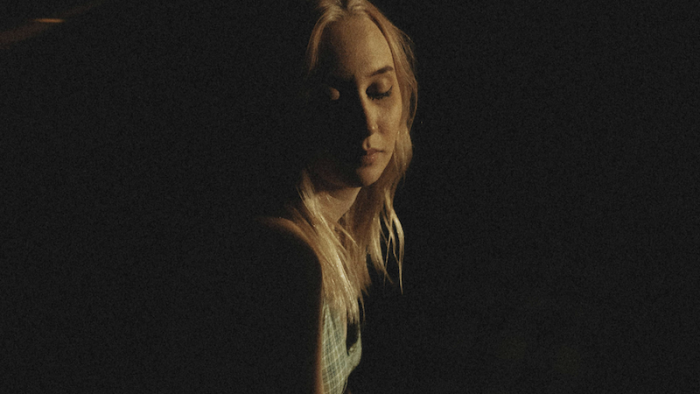In Buddhism, we always talk about Upādāna.
Upādāna means attachment, which is a primary source of suffering.
We often cling to everything around us—people, pets, objects, and experiences. However, not only do we crave what’s pleasant and appealing, but also what’s painful and stressful.
The ugly truth is that our mind loves to grasp onto anything that makes it function—a book, a movie, a problem, or…the past. We may be able to let go of a situation, but we can never let go of what a situation makes us feel or think.
Unpleasant events come and go, but their impact lingers within us. We almost always form an unhealthy attachment to our past because of its nature: unavailable, uncontrollable, unchangeable. And so we mentally chew on the past again and again until we figure it all out.
But can we really ever figure it out? Can we change it? Can we go back to it? We can’t, but we can put it behind us.
This simple Zen story might help us to move on:
“Two traveling Zen monks were about to wade across a river when a young woman asked them to carry her over the swift water. Both of these monks had taken advanced vows and were not permitted to touch women, but without hesitation the older monk lifted her up, put her on his back, and walked across. When they reached the other side, he let the woman down and, without any small talk, walked away. A few hours later the younger monk blurted out, ‘Aren’t we monks? Why did you carry that woman?’ The older monk replied, ‘I put her down a long time ago. Why are you still carrying her?'”
Even when our problems dissipate and the past goes away, we carry it around and ruminate over it. It weighs us down and hurts us day in, day out. Relationships end. Jobs end. Friendships end. But how we feel about them doesn’t end. Our bitterness distracts us and keeps us stuck in a pattern of disconnection and loneliness.
The past rarely leaves our being. We hold it with us wherever we go and refuse to let it go. We lose ourselves in it and relive difficult memories as if our life depends on it. The past stays in our minds and stops us from appreciating what we have right here, right now. It’s a ghost that keeps haunting us even if we’re satisfied with the present.
That Zen story has always inspired me to rethink what weighs me down. It has helped me to look at my own hardships through a different lens. I’ve realized that moving on happens mentally first. Now, thankfully, I know there’s another way. There’s another path I can take to relinquish what is out of my control. And the past will never be within my control. It’s gone. It’s unattainable. It only exists in my mind.
The truth is there are many mental troubles we can relinquish right now. No matter how heavy our problems are, we can reduce their mental impact by going back to the present moment. Like the monk who “put down” the woman, we can put down our troubles if we’re serious about becoming happier.
The only way to release the past or anything that annoys us is through mindfulness: think of solutions right now, then gradually reduce the emotional charge. This present moment is all we will ever have, and it’s our only opportunity to stop thinking excessively about the same thing over and over again. It might seem impossible at first, but with practice we can learn how to handle problems mindfully without grasping.
Some questions can help us to identify what’s keeping us trapped and unhappy. So ask yourself, what are you still holding on to? What do you need to release? What is not serving you anymore? It’s time to let go.
~


 Share on bsky
Share on bsky





Read 1 comment and reply